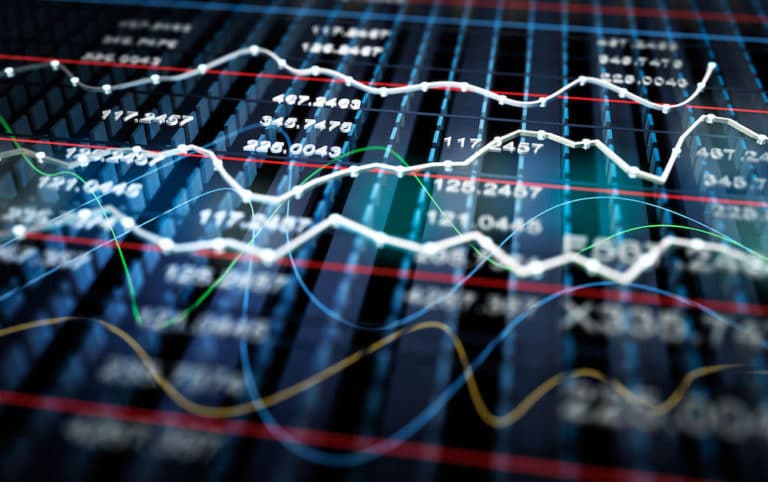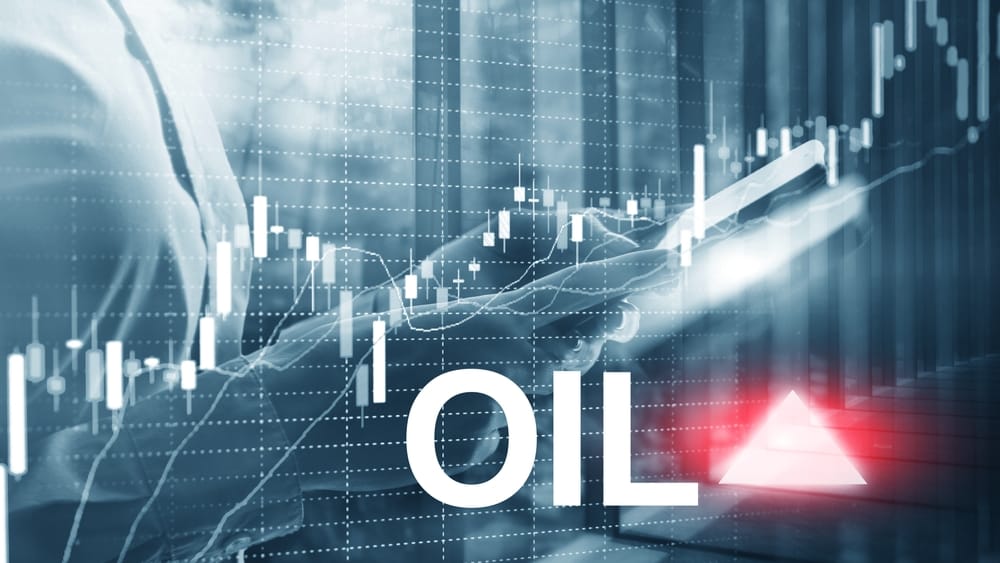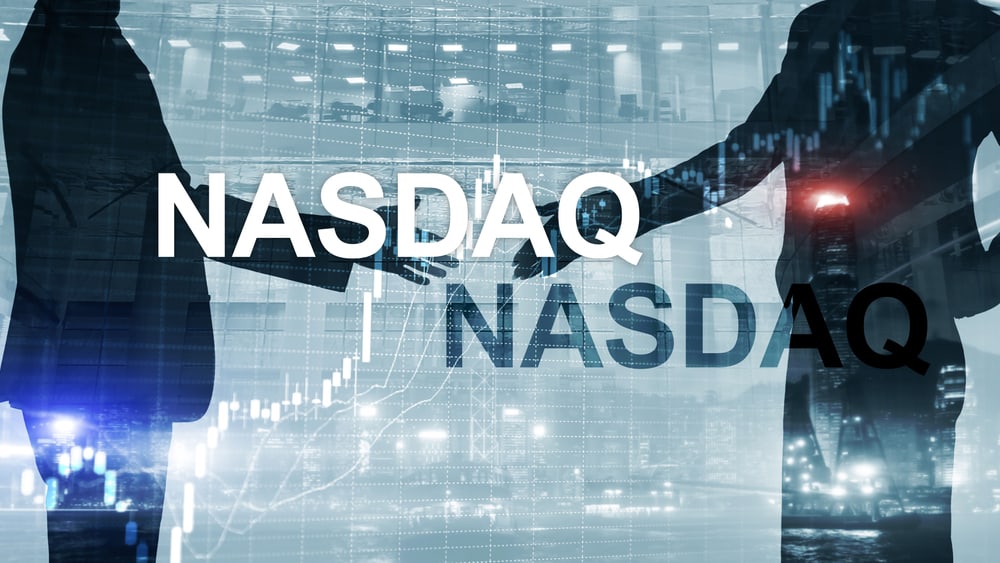
What is CFD trading?
CFD trading is the purchase and sale of contracts for difference, which are financial derivatives in which you agree to swap the difference between the opening and closing prices of a certain financial asset, such as a stock, index, or FX pair.
In contrast to conventional investment, you do not acquire possession of the asset, and you never really own the instruments that you trade, you merely gain or lose based on the value of the asset on which you are speculating.
5 Best CFDs to Consider Trading
EUR/USD

Most currency transactions in international finance involve the euro (EUR) and the US dollar (USD), the two biggest and most frequently traded currencies in the world.
The most actively traded currency pair in the world, EUR/USD is comprised of two of the world's most widely used currencies.
The ability to speculate on the movement of foreign currency markets without really owning the currencies is, for many traders, the most alluring aspect of utilizing CFDs. The EUR/USD currency pair is often used by CFD traders because of its high volume and liquidity.
CFD traders could take several positions and use many techniques, the two most common being “going long” and “going short,” respectively, which mean simply holding a bullish or bearish view on the market.
Gold

Gold's scarcity offers it an advantage over other investments in times of market uncertainty, such as war, political or economic crisis, or government spending mistakes. Long-term traders tend to choose gold because of its stability and diversification.
Any quantity of gold may be bought or sold at any one moment because of the high liquidity of contracts for difference, which facilitates trading in gold CFDs for all sorts of traders despite their trading experience or unique styles.
Commodity Contracts for Difference (CFDs) on Gold are very adaptable since, unlike futures and options, they do not expire or lose value over time.
Gold CFDs provide for a wide variety of trading tactics, including scalping and hedging. Furthermore, trading gold with CFDs is the most cost-effective option.
Traders interested in gold and other metals could do so with a few brokers that provide competitively low spreads. Commissions for gold trades are often not charged by brokers, but in countries that tax CFD trading, the costs of trading gold will be deducted.
Crude Oil

If you want to buy a raw commodity, chances are it will be crude oil. Some traders are drawn to oil because of the high degree of volatility it offers on the market.
Oil's price tends to spike and drops dramatically during times of political and economic unrest, creating profitable opportunities for savvy traders
To speculate on oil prices, oil CFDs are a common tool. It is necessary to use leverage while trading crude oil CFDs. To initiate a transaction, traders need only “deposit” a tiny percentage of the whole deal value, which broadens your potential for profit in the oil market.
Oil trading prices change during moments of instability, and the price of crude oil might vary based on its source and the market's current supply and demand. Brent and West Texas Intermediate are the two primary prices at which crude oil is traded.
Bitcoin

Bitcoin has directed most coins on the cryptocurrency market. It is the most popular cryptocurrency, which many can identify but few comprehend. Bitcoin CFDs and futures enable you to speculate on Bitcoin's future price and earn (or lose) from price fluctuations.
When trading bitcoin, traders might encounter enormous price fluctuations, which adds to both its allure and its danger.
CFDs may be used as a hedging instrument, allowing you to balance any losses made with a physical transaction in the underlying market, for example, by placing a ‘sell' CFD position.
This might be especially valuable in turbulent markets, where prices are prone to frequent and often abrupt fluctuations. Depending on your circumstances, you should be able to deduct your losses from your earnings for tax reasons.
NASDAQ 100

One of the most well-recognized indexes worldwide, the NASDAQ 100 (US100) Index is widely regarded as a proxy for the health of the US technology industry and a measure of investor enthusiasm for growth businesses.
It is well-known that NASDAQ trading volumes are greater and more volatile than those of other major indexes, allowing traders to bet on daily price variations. However, increasing volatility also increases the danger of incurring a loss.
All investing and trading include risk, but because of US regulation, monitoring, and federal exchange laws, NASDAQ traders have a secure haven in which to operate.
The enormous volume and volatility of the index make the NASDAQ 100 one of the most actively traded CFD products worldwide. However, note that increased volatility increases the chance of loss.
Conclusion
CFDs enable traders and investors to benefit from price fluctuations without owning the underlying assets. The benefits of CFD trading include reduced margin requirements, simple access to worldwide markets, the absence of shorting and day trading regulations, and little or no costs.
However, excessive leverage accentuates losses when they occur, and paying a spread to join and exit positions could be expensive if there are no significant price moves. Thus, you must carry out a thorough analysis of any CFDs you wish to trade to in order to mitigate losses.




